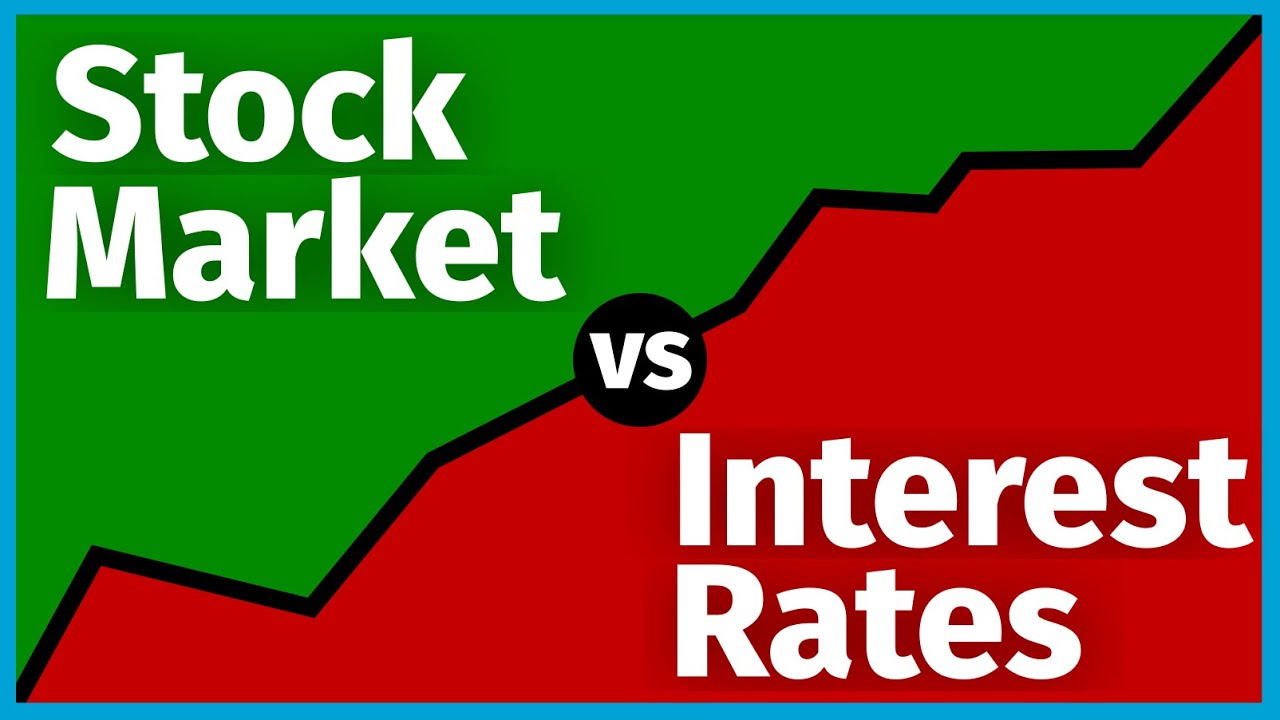If inflation is rising along with interest rates, stocks will fall. But if inflation isn’t a problem and rates rise, the stock market usually fares well. That’s because, in this case, interest rates are rising. After all, the economy is growing, and there’s more demand for money.
The most convincing proof is the great bull market of 1948 to 1965. During that time, stocks rose a massive 500% and generated average annual returns of over 16%, including dividends. However, short-term interest rates rose from about 1% to over 4%. The reason for the stock’s climb was that inflation averaged a very tame of 1.7%.
Rising Interest Rates Can Be Bullish
Higher interest rates during this economic boom reflected more eminently sustainable economic growth. They did not reflect rising inflation, which would have ended economic growth and the bull market.
Remember that inflation can keep rising despite efforts to tame it with interest rates. For example, in 1978 and 1980, inflation continued rising sharply despite rising interest rates, as commodity prices kept rising.
Another problem with interest-rate-based investment strategies is that everyone and his brother constantly look for interest rate swings.
Anticipating faster growth, investors typically buy stocks when they think the Federal Reserve, the nation’s central bank, will step on the economic gas, i.e., lower interest rates. Conversely, anticipating slower growth, they sell stocks when they believe the Fed will slam on the monetary brakes, i.e., raise rates.
The Federal Reserve controls rates in three significant ways. First, it can raise or lower the discount rate- what it charges banks that belong to the Federal Reserve system when they borrow from it. Second, it can influence the federal funds rate- what banks charge each other for overnight loans. And finally, it can buy or sell Treasury bills- the short-term debt of the U.S. government. When it wants rates to fall, the Fed buys T-bills, pumping more money into the economy. The more money floating around, the fewer costs there are to borrow. When the Fed wants rates to rise, it sells Treasury bills.
The Fed has much more control over short-term interest rates than long-term ones. The latter are mainly determined by the financial markets’ outlook for inflation. If the markets expect rising inflation, long-term interest rates rise and vice versa. So, the Fed can influence long-term rates only by using short-term rates to control the trend for inflation.
With everybody ready to jump in and out of the market every time the Fed raises an eyebrow, it’s not uncommon for the market to head up or down fifty points or more in response to slight shifts or even the hint of a change in the Fed’s interest rate policy. Consequently, when anything happens, it’s almost always too late to buy or sell.

Braking Train
Interest rates can be helpful indicators only if viewed in the context of inflation. In that case, they accurately reflect trends in economic growth and stocks. The trend in rates is always affected by the economy and inflation. The Federal Reserve tries to balance fighting inflation and promoting economic growth.
To better understand this concept, think about the economy as a train again. Interest rates are the speed pedals of the train. Inflation often results when the train is speeding along too fast. In that case, the Federal Reserve hits the brakes by raising interest rates. Because of the threat of inflation, stock prices usually fall.
When rates rise, everyone borrows less; economic growth slows down, and inflation is eventually controlled. When inflation is not a threat, the Fed lets interest rates drop to stimulate economic growth. Businesses, consumers, and the government can afford to borrow more when rates fall. So they spend more. All else being equal, economic growth speeds up. Stock prices rise because growth without inflation looms ahead.
Final Thoughts…
Regarding the economy, the most crucial thing about interest rates is not whether they’re 8% or 12%. It’s whether they’re rising or falling. How hard or softly the Fed steps on the pedals—i.e., how high or low it lets interest rates go—depends mainly on the inflation rate.
Get In Touch
Leeb Capital Management offers no-obligation consultations with an investment professional.


